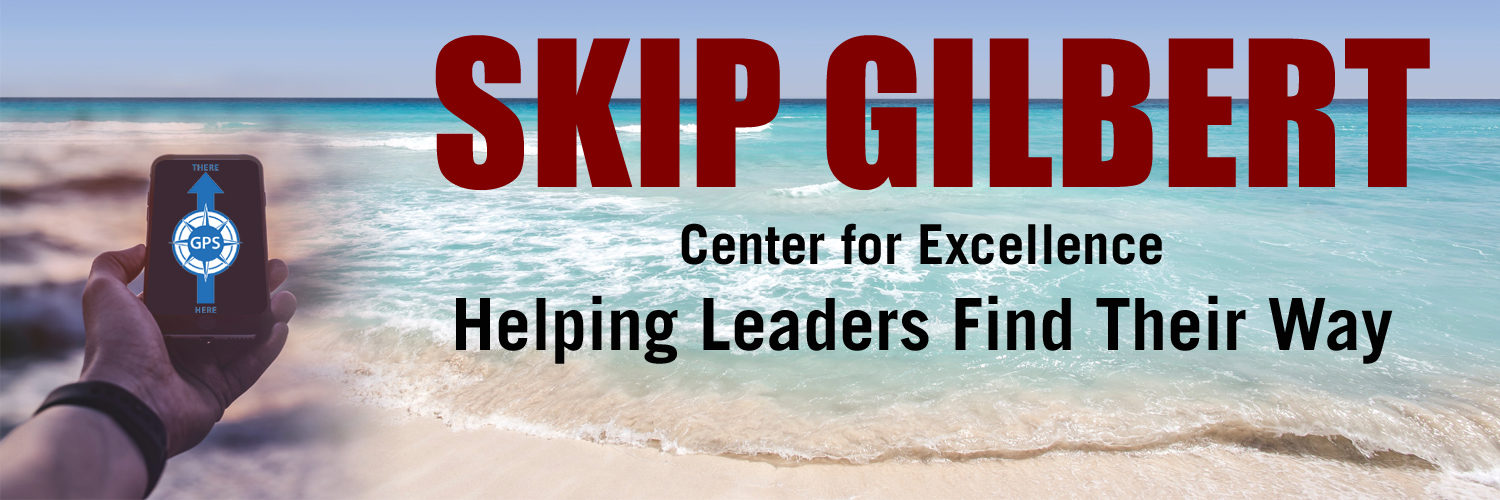Personal Vision

What do we want to be when we grow up? Certainly when we were much younger that was a question we often answered with some type of hero-like image. Firefighter, police officer, nurse, doctor, or other larger than life image that served as a type of super hero to our impressionable minds. As we view ourselves, what is it we want to be? How do we want other people to see us? What drives our satisfaction? What qualities do we hold valuable and what accomplishments will make the biggest difference to us and others?
Our vision sets an image of ourselves in the future having achieved things that seem impossible at the moment. Our vision represents an unconstrained picture of what we want to be without regard to the seemingly impossibility of the achievement at this point. We need to dream big, imagining not only the material aspects of our lives, but relationships, connections, lifestyle and spirituality. We need to imagine the best possible scenario for our everyday existence that pushes all of our positive buttons. This is our “If we can dream it, we can do it” moment, no holds barred in our thinking.
To a large degree it comes down to how do you define success? In all likelihood it is more than the accumulation of material things. History has proven many times over that the accumulation of material things as an end in itself will not be fully satisfying. For many the raw accumulation of wealth without a purpose will not be a satisfier as an end point as well.
Our satisfaction is driven by our achievement for a purpose and our connectedness to the world around us. The old adage is that very few people in their end days say I wish I had spent more time at work. They more typically say I wish I had spent more time with people, family and friends. So our vision must include our total being and not just the material aspects of our existence.
What do we want our life to be like when we get there? There is more to life than just work and achievement, what is the value of the achievement? We need to think about who we will be helping and how those around us are better off as a result of the things we have done. To achieve less will be a hollow victory when we realize that the result was less than the best we could have done. We will be disappointed when we realize the excellence target was missed because we did not fully consider how we impact others and the satisfaction we draw from that accomplishment.
So what does a vision statement do?
- It describes who/what I want to be in the future (when I grow up)
- It answers the question, where do I want to be?
- It paints a picture of what I want to be on some time horizon, say five to ten years
- It inspires me to be more than what I am today


